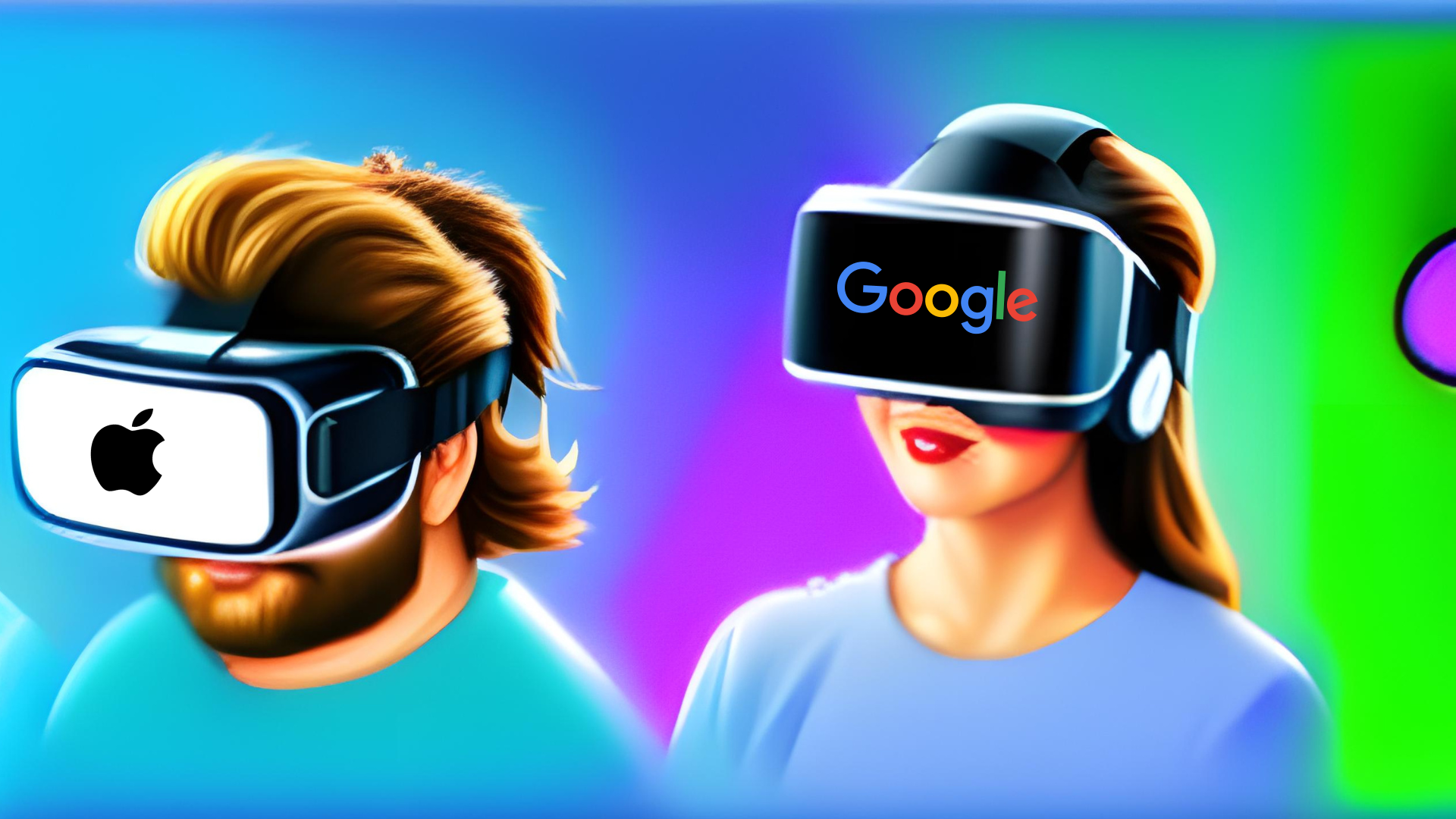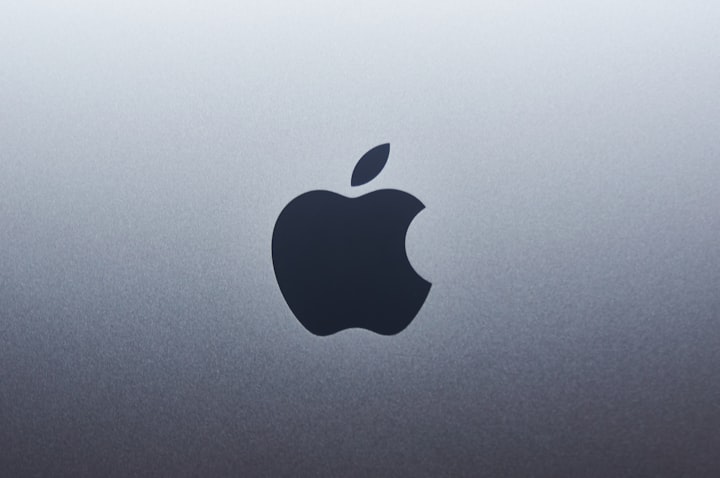The future of XR in the post Apple era
The internet buzz surrounding Apple's new Vision Pro is still reverberating around the globe a week after the announcement. This seismic anomaly was so loud that something I was not expecting to happen, happened.

The internet buzz surrounding Apple's new Vision Pro is still reverberating around the globe a week after the announcement. This seismic anomaly was so loud that something I was not expecting to happen, happened.
Across the universe, a thousand established VR influencers cried out, and nobody heard thier screams, suddenly, mainstream tech YouTubers fuelled by a mysterious green health drink took center stage and stole the eyeballs and attention of millions.
Shocking, how can these people even be relevant? I mean they dont even have a catsuit avatar version of themselves!!
Bloody charlatans.. ;-}
The previously mentioned seismic anomaly was so big that over 46 million people have watched this video from Apple, or for perspective, thats well over twice the amount of people with Oculus headsets.
Anyways, rather than going into a review of something I have not touched or seen, I want to take a stab at making some predictions for the future of XR in a post Apple world.
Health apps
This is one area where I see the biggest market expansion. As a designer of multiple XR health related apps, I have been through endless iterations of watering down a product to see if it can get accepted on Meta's ecosyetem, until eventually, the product no longer solves a problem.
Apple because of the way it handles user data and privacy, and coupled with the fact that it has never had an issue with health apps, even triage and diagnosis functionality for a mulitude of conditions makes this the future breeding ground of innovation that I believe will spawn a whole range of products and services that will benefit humankind.
The biggest question here is, will Meta follow suit and put some new 'open doors' into its heavily preened and walled garden, or is the inserstion of Apple into the market relegating Oculus devices as a nice to have 'toy' for gamers?.
Time will tell.
Software
If we look back at the last chapter, there are deeper implications for the current software vendors, but i'll come back to that...
There is a thriving ecosystem of applications that are not allowed on Meta, and others closely walled app stores, but my knowledge is around health, so i'll stick to my path.
Current health or medical apps have to be held on closed head mounted displays (VR Headsets / HMD's) that cost considerably more than the 'for retail' counterpart, this brings massive problems for the companys selling this type of service.
- Every 1000 HMD's costs the company north of $1m, yep, let that sink in. As a company, you have to give away huge amounts of equity to buy these fast depreciating assets, scale means you have to blow your captable.
- From a UK perspective, you couldn't raise money for that, so what about leasing or finance I hear you say, I rang around a few people I know from back when I owned a film studio, the most they would lend was £50k, unless I match the risk with matched security (house, cars etc). So 50 HMD's, so quite clear this is not a viable business model.
- After you have essentially given your company away to buy HMD's in this scenario, you have to put your app onto these HMD's and manage them with media device management software, expensive to build your own, expensive to buy in as a SaaS service per HMD.
So, going back to my opening statement about the deeper implications for current software vendors, my question is this, with what looks like a very simple way of porting Unity apps into Apple Vision Pro, coupled with Apple's open platform, will this spell the death knell of MDM software over the next 2-3 years, or what would be the use cycle of the closed ecosystem "enterprise" HMD's?
If B2B's can just go to the app store and purchase what they want, I think so..
VR studios
A few weeks back, I wrote about hoiw Apple may affect the current game engines, well, we know know that Unity has been crowned the chosen one, which for Unreal, isnt that epic.

Ok, but just hang on one ding dang ole minute here, is this a slam dunk and cut and dried as one would think? Hmmm..
What will be interesting is to see how this relashionship pans out over time, will Apple favour apps made in Swift UI/VisionOS.
Which brings me to the title of this chapter, VR Studio's.
In the UK, there is a real lack of Unity developers, they teach it in the Universities, but Unity and Unreal / Epic and other large games studios snap these kids up before they've left the school gates.
There is however, a good supply of highly skilled iOS/SwiftUI app developers, we currently have 19.7 million iPhone users in the UK (40% ish of market share) so a highly established market and developer ecosystem.
Where I see the potentially biggest shift (and I have said this many times on Twitter and within these most excellent articles) is that there will be shift away from traditional VR Studio's, though if they have any sense, they will be quickly hiring iOS devs too ;-}.
App developers who know the ecosystem like the back of thier hand can quickly pivot to VisionOS, thus making it far easier for companies.
Anyway, I could go on for ever on this subject, and will most probably add to this article over the comming weeks. In the meantime, check out the other artciles on Apple..








